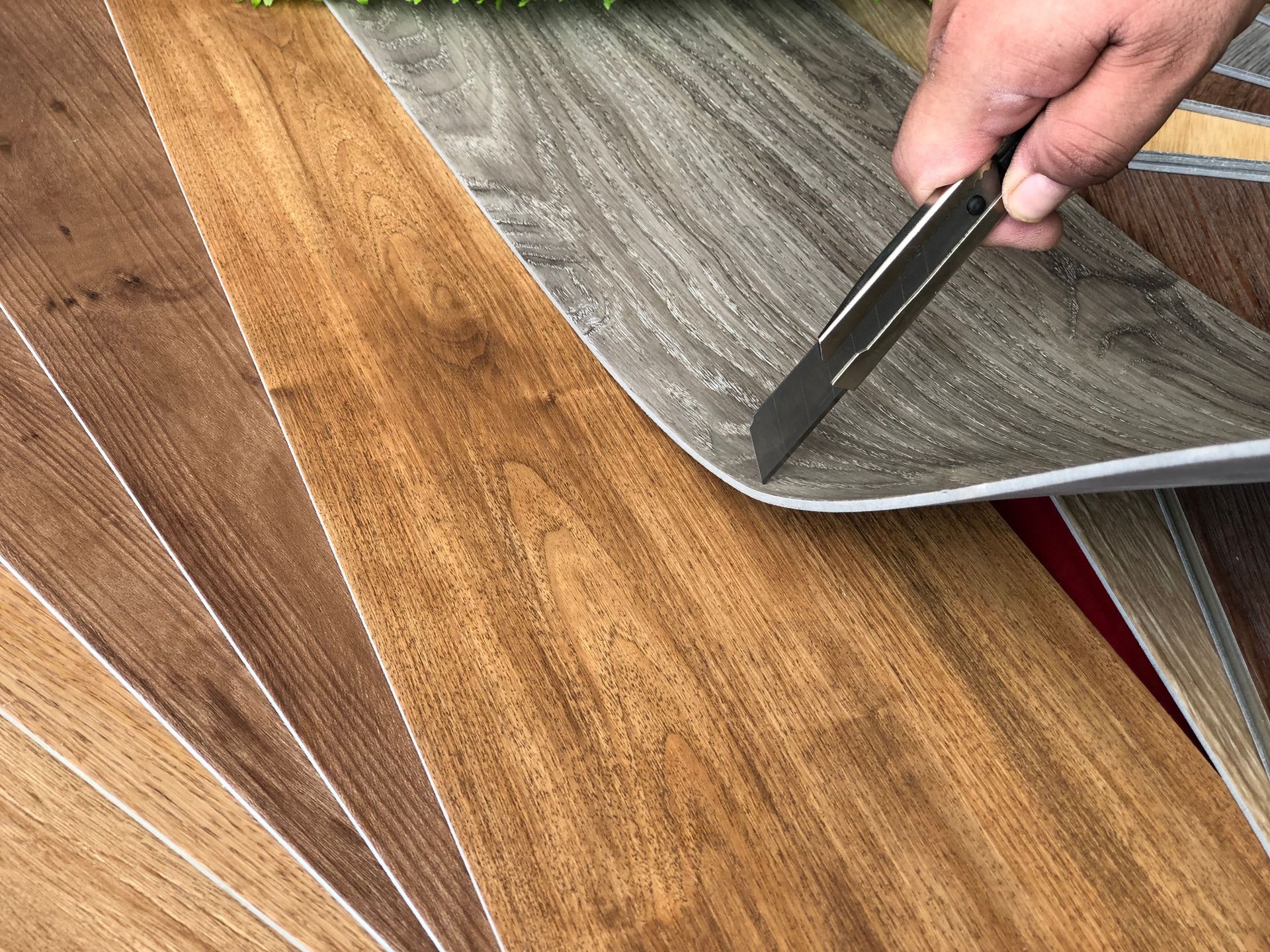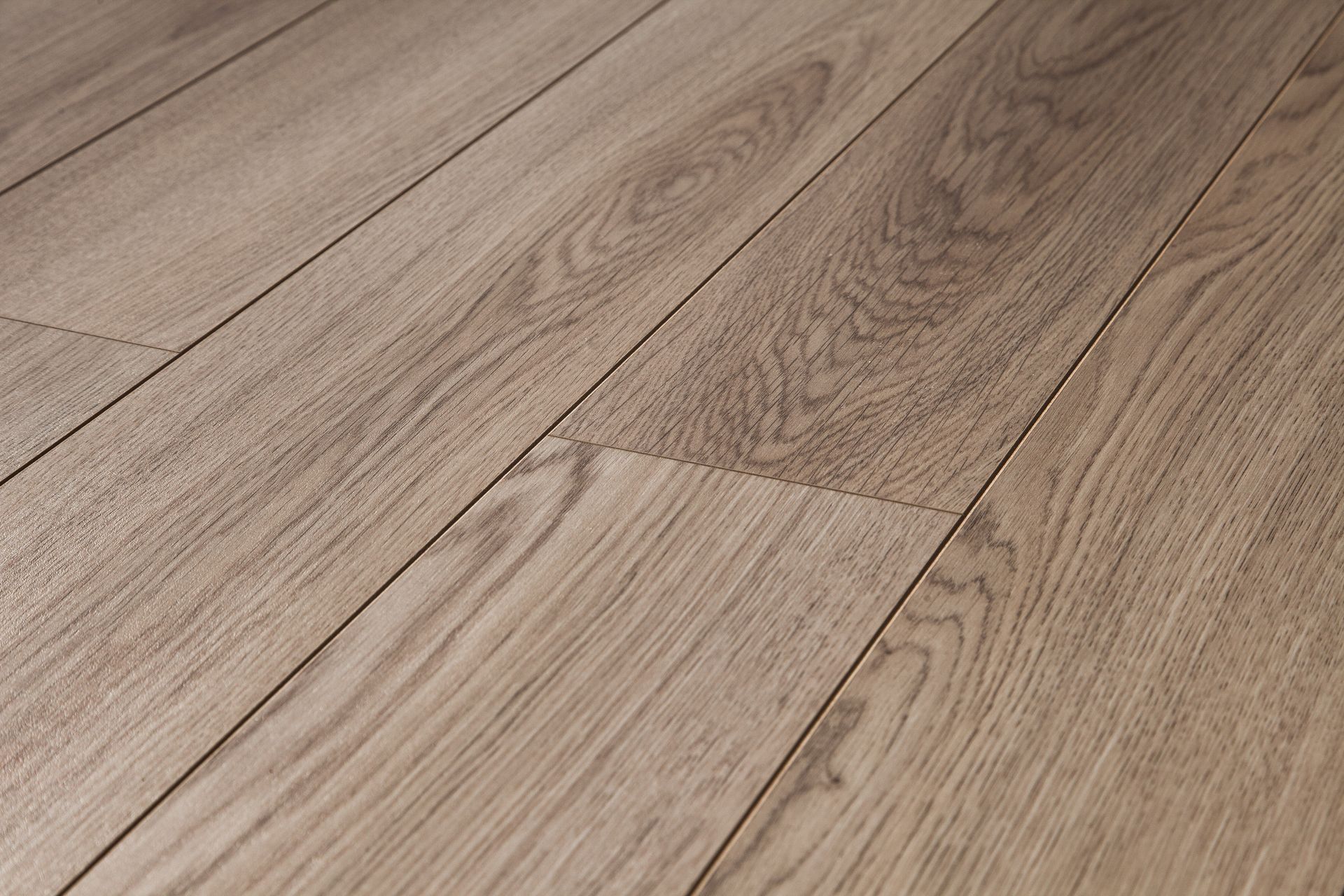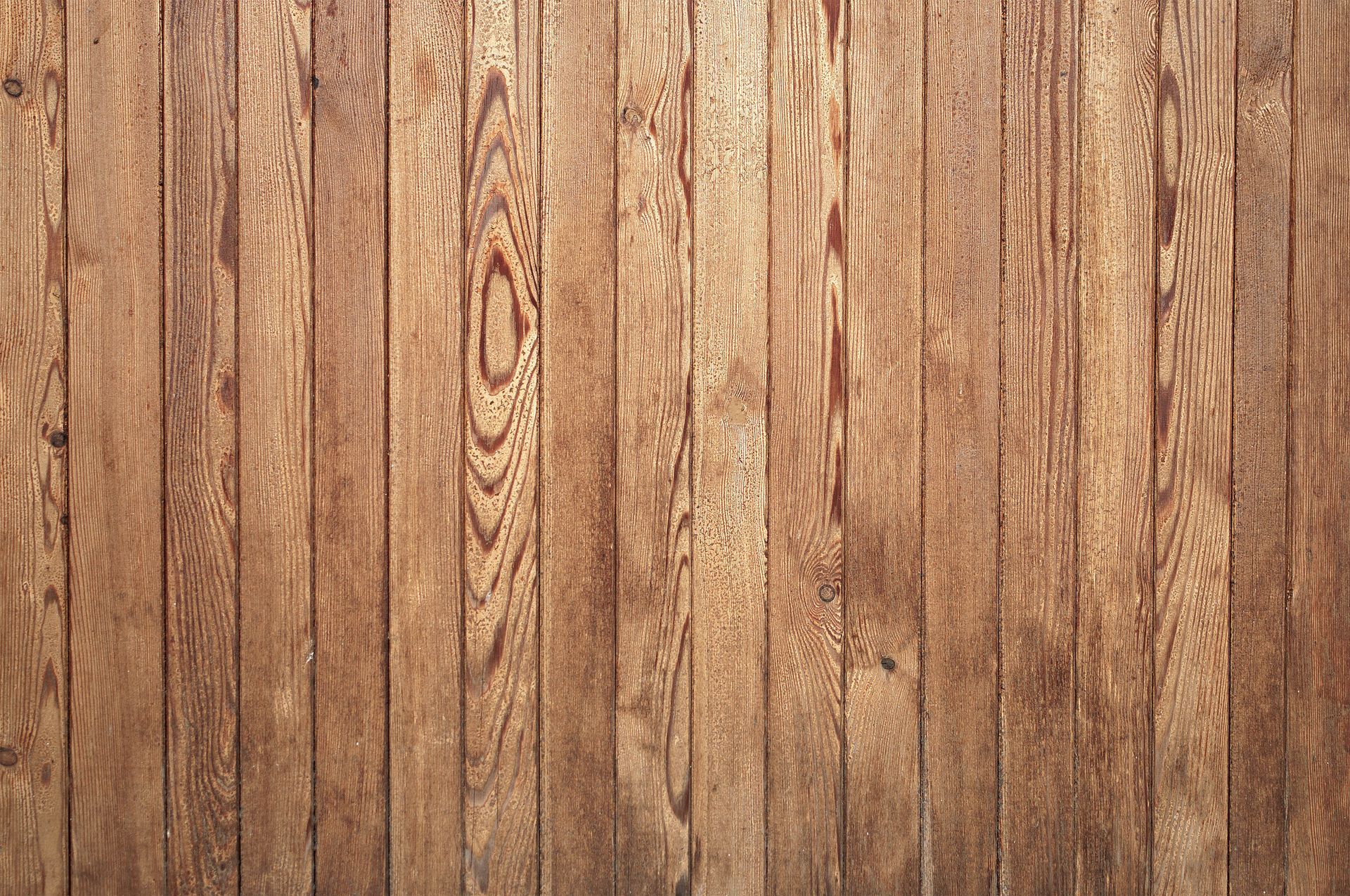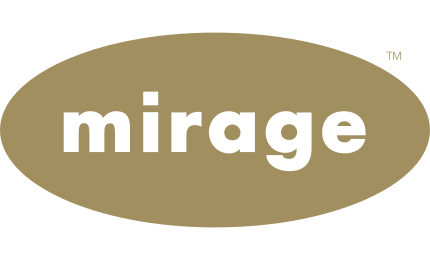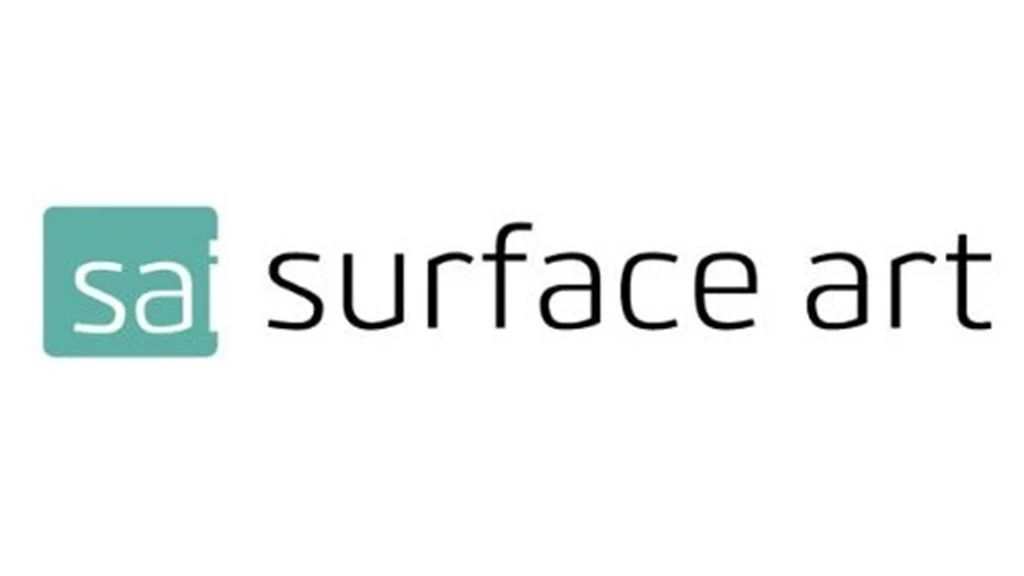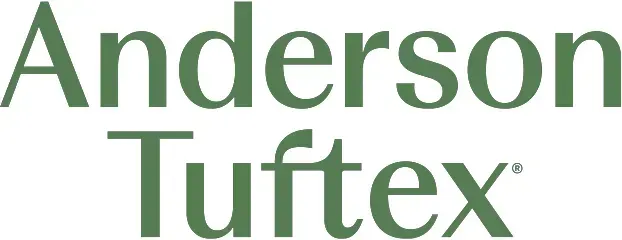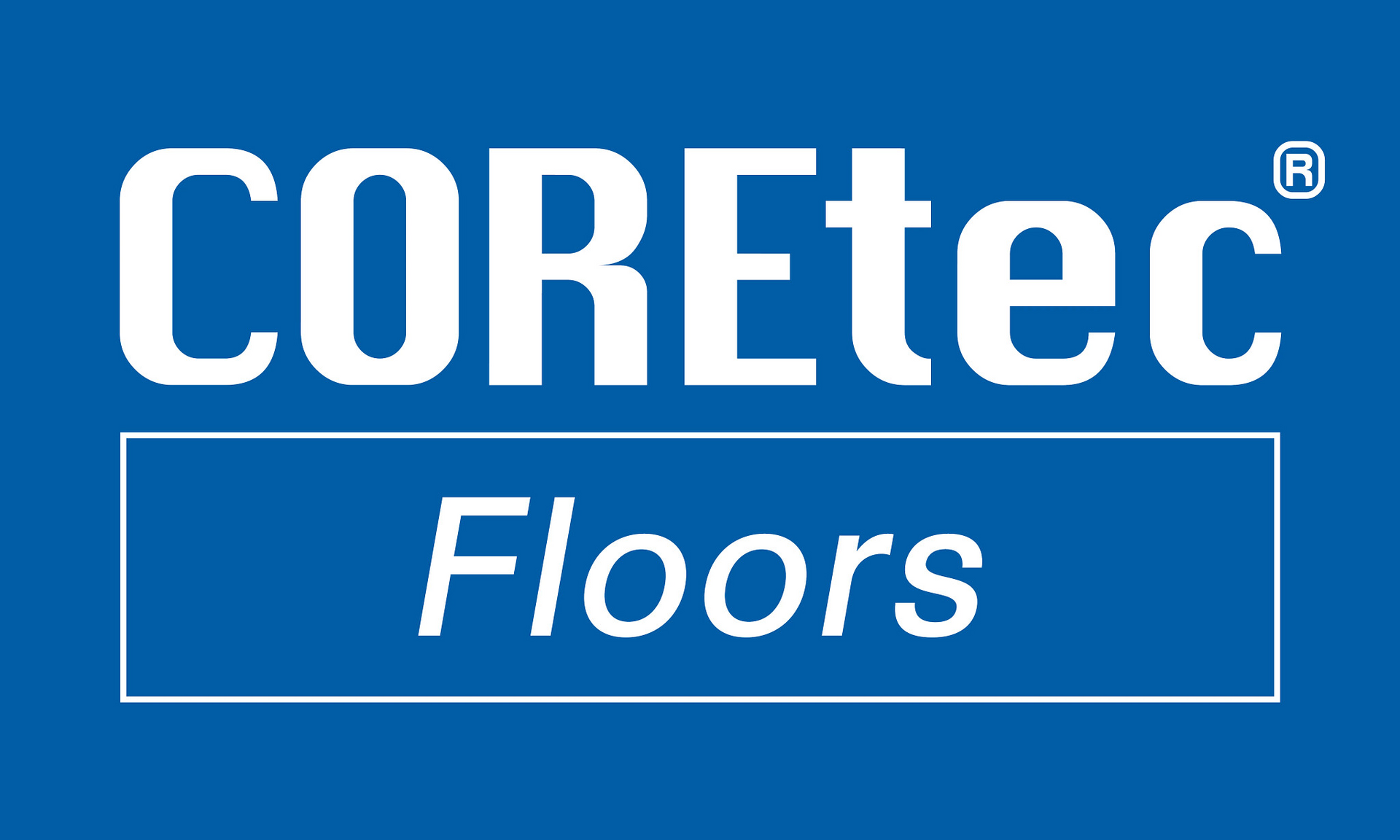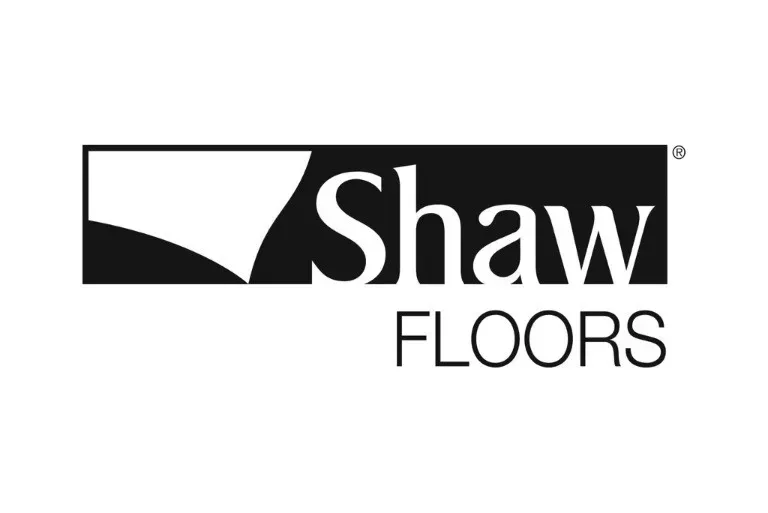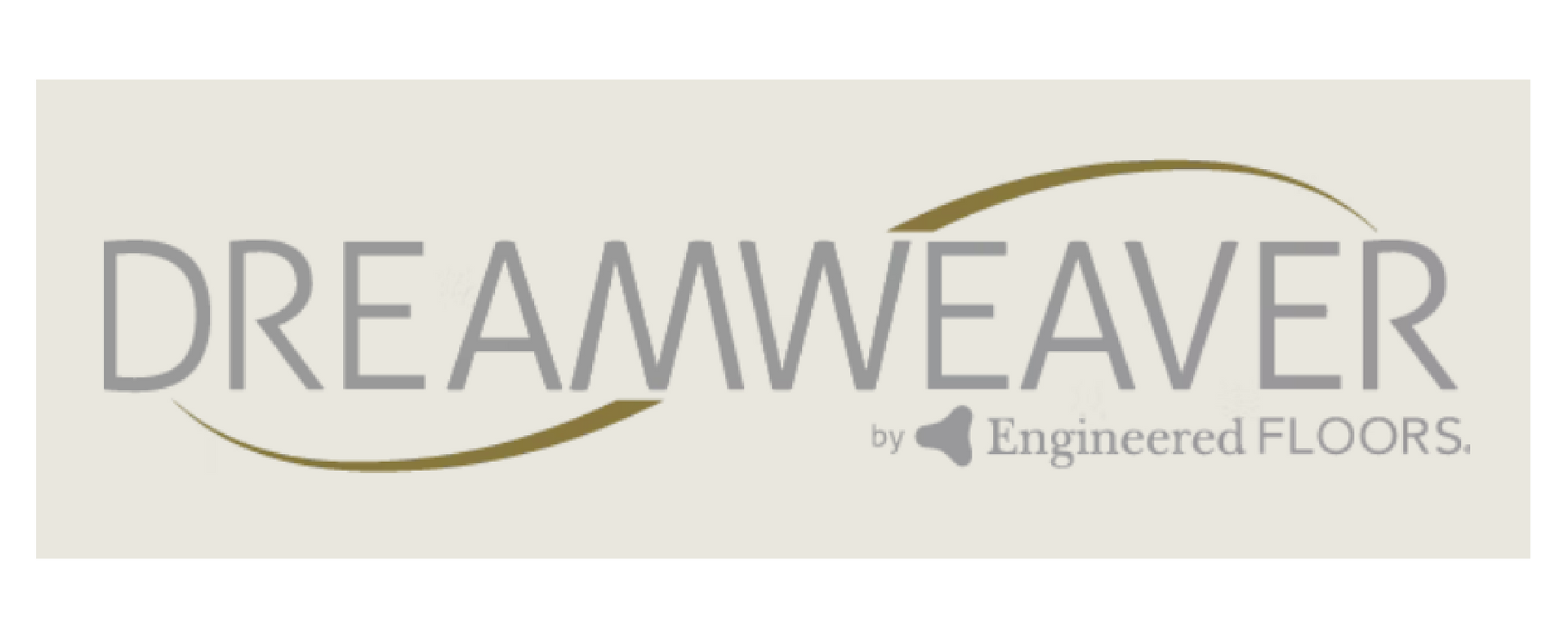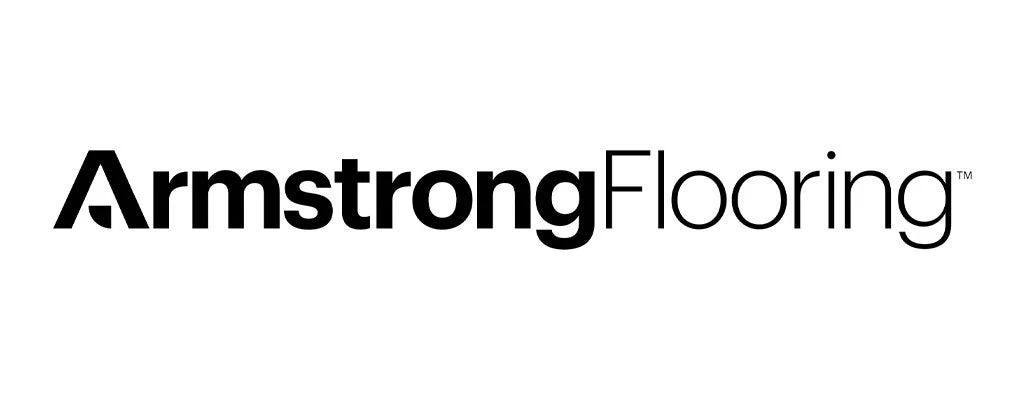Understanding T-Molds, Reducers, End Caps, and Stair Noses: Essential Flooring Transitions Explained
July 10, 2025
July 10, 2025
When It Comes to Flooring, the Finishing Touches Matter
Whether you’ve chosen hardwood, laminate, luxury vinyl plank (LVP), or engineered flooring, transition moldings are the key to a professional, long-lasting, and safe installation. Four of the most important types are T-molds, reducers, end caps , and stair noses.Lets break down what each one does, where it’s used, and why it’s crucial to your floor's function and appearance.
What Is a T-Mold?
T-molding is shaped like the letter "T" and is used to create a smooth transition between two floors of equal height. It's most commonly used between rooms or areas with the same flooring type, such as from the kitchen to the living room or hallway.Benefits of T-Molds:
- Seamlessly connects two flooring surfaces
- Allows for natural expansion and contraction
- Prevents tripping hazards
- Enhances the clean, finished look of your flooring
Best Used For:
- Doorways between rooms with laminate or LVP
- Large open floor plans with expansion breaks
What Is a Reducer?
A reducer bridges the height gap between two types of flooring—usually where one is lower than the other. For example, where luxury vinyl meets concrete or hardwood meets low-pile carpet.Benefits of Reducers:
- Provides a gradual, safe transition between floors of different heights
- Reduces tripping hazards
- Protects the edge of your flooring from chipping or damage
- Creates a polished, professional appearance
Best Used For:
- Transitions from hard surface flooring (wood, LVP, tile) to vinyl or concrete
- Commercial or residential spaces with varying floor elevations
What Is an End Cap (Square Nose)?
An end cap , also called a square nose , is used to "cap off" the end of flooring where it meets a different surface that doesn’t require transition—like a sliding glass door, fireplace, or entrance mat.Benefits of End Caps:
- Neatly finishes flooring edges
- Prevents fraying, chipping, and moisture seepage
- Enhances aesthetic and functional detail at stopping points
Best Used For:
- Flooring that ends at exterior doors or built-in fixtures
- Areas transitioning to carpet, tile thresholds, or exposed concrete
What Is a Stair Nose?
A stair nose (also known as bullnose or stair tread cap) is the molding piece that goes on the edge of a step, where the horizontal tread meets the vertical riser.Benefits of Stair Noses:
- Provides extra grip and wear resistance on stairs
- Protects the edge of the flooring on stair treads
- Adds a safe and elegant finish to any staircase
- Helps match stairs to the rest of the flooring
Best Used For:
- All types of staircases with wood, laminate, or LVP
- Landings or single-step drops within a home
Why Transition Moldings Matter for Your Floor’s Lifespan
These transition pieces don’t just add beauty—they protect your investment. They allow your floors to expand and contract naturally, protect edges from wear and tear, and make walking safer by preventing uneven surfaces and tripping hazards. At Davids Flooring of Seattle, we include professional transition installations as part of every flooring project to ensure your new floors are not only beautiful but built to last.Ready to Upgrade Your Floors?
If you're planning a flooring project in King or Pierce County, WA , don’t overlook the finishing details. Contact Davids Flooring of Seattle for expert advice, free estimates, and full-service installations*See below photos of T-Mold, Reducer, End Cap, & Stair Nose*
Discover the Purpose and Benefits of T-molds, Reducers, End Caps, and Stair Noses.


